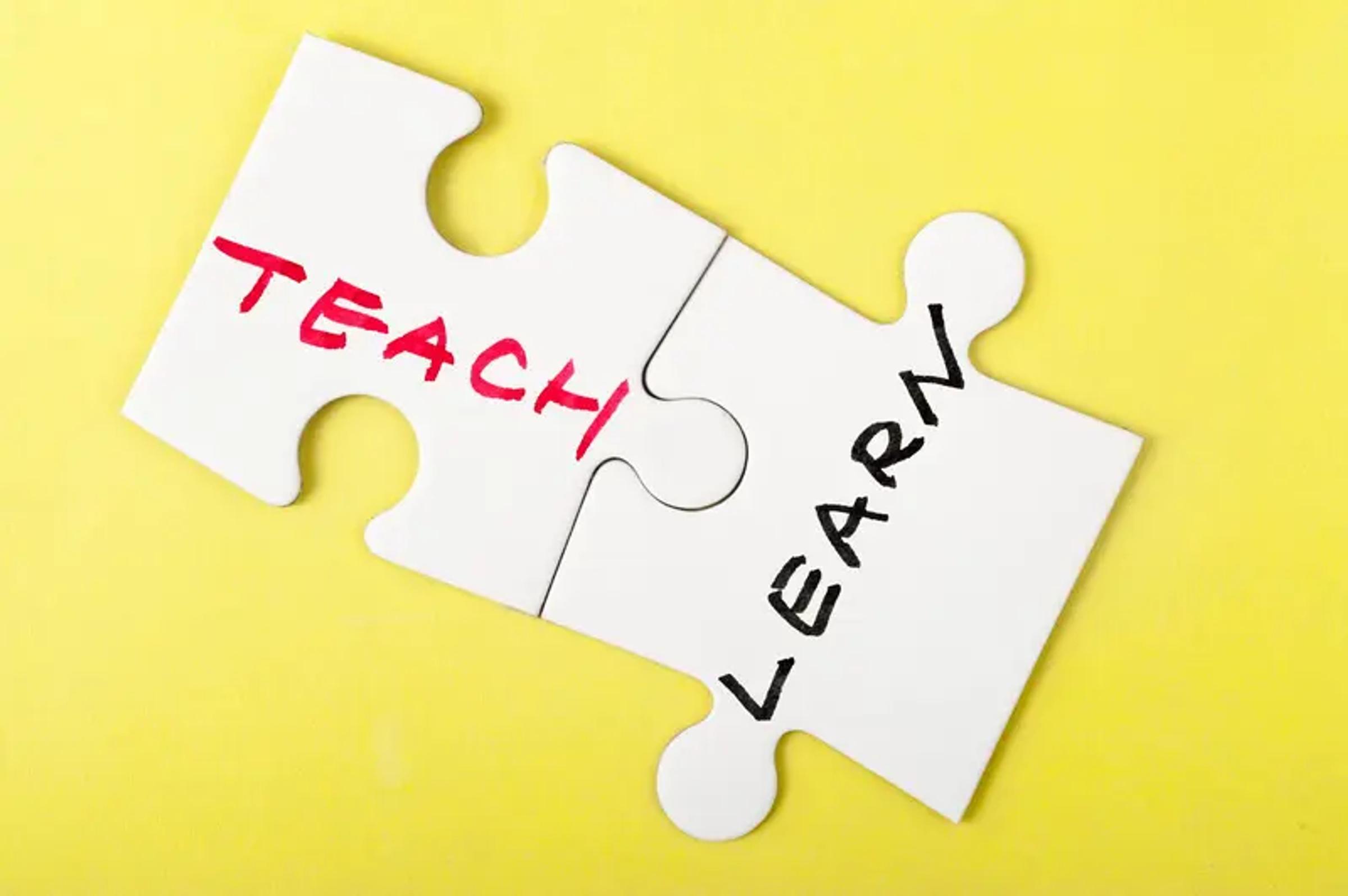Teaching and Learning Update

This year, our Annual Implementation Plan (AIP) has a significant focus on Numeracy improvement. As a school, we have identified the need to increase the profile of mathematics and we have committed to doing this by delving into the latest evidence-based research into teaching and learning.
Mathematics teaching and learning has evolved significantly over the years. It looks and sounds very different to when we were all in primary school. If we separate maths learning into three parts; knowledge, skills and dispositions, it can help us to identify areas of need for our learners.
There are four key proficiencies in mathematics that we promote within our classrooms:
- Understanding
- Fluency
- Reasoning
- Problem Solving
These proficiencies are strengthened (or weakened) by a child’s mathematics mindset or disposition. If students don’t feel like they are capable or learning maths, are worried about making a mistake or getting a wrong answer, it creates unhelpful patterns of thinking that can significantly hinder their ongoing progress. At Monty South, teachers have begun an inquiry into how our students feel about learning maths, and also how our teachers feel about teaching maths. We are using this data to create classroom profiles which will open up conversations with students around what productive dispositions are and how they help us to be better maths learners.
Here are some examples of productive dispositions:
Promotion of productive dispositions and positive mathematical mindsets
1. When something is hard, I keep trying – I don’t give up easily.
2. When I get stuck, I look for ways to get unstuck.
3. I feel ok getting something wrong (it doesn’t stop me trying again).
4. When I’m challenged by something and I can’t figure it out quickly, I know that means I’m really learning and need to keep working on it.
5. I enjoy maths more and learn better when it is challenging.
6. I know that making mistakes is how people learn so I don’t get upset if I make a mistake – I try again or try another way.
7. I believe the more time and effort I put into learning maths the better I will get.
8. I like to find different ways to solve problems.
9. I think it’s more important to really understand the maths we’re learning than getting every answer right.
10. I truly believe I can get better at Maths.
This tenth statement is at the heart of developing a productive disposition, it reflects the kind of self-belief that supports learning and developing the four proficiencies.
At home, it would be really helpful if you could praise your child when you see them display a productive disposition and promote the importance of developing positive mindsets.

